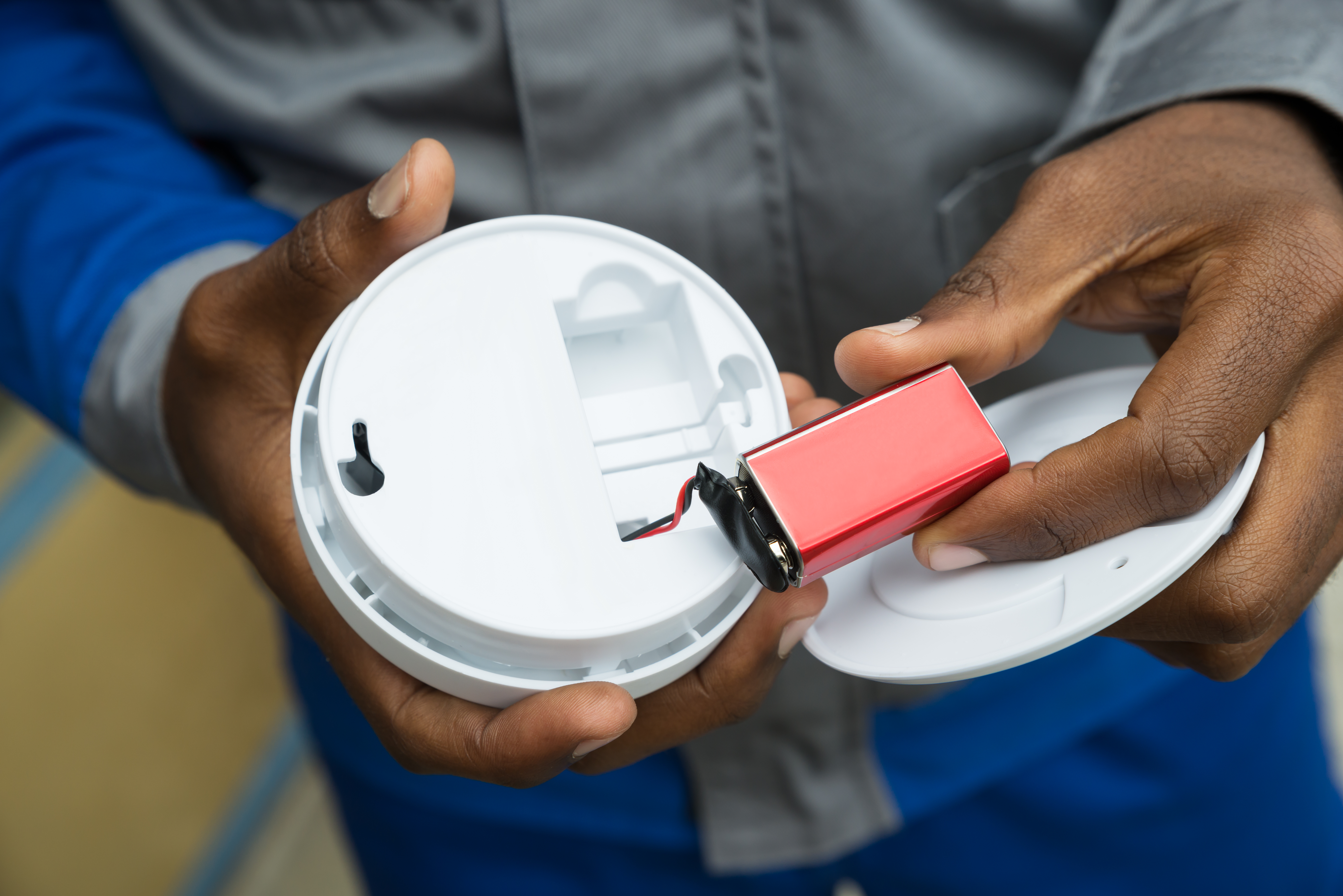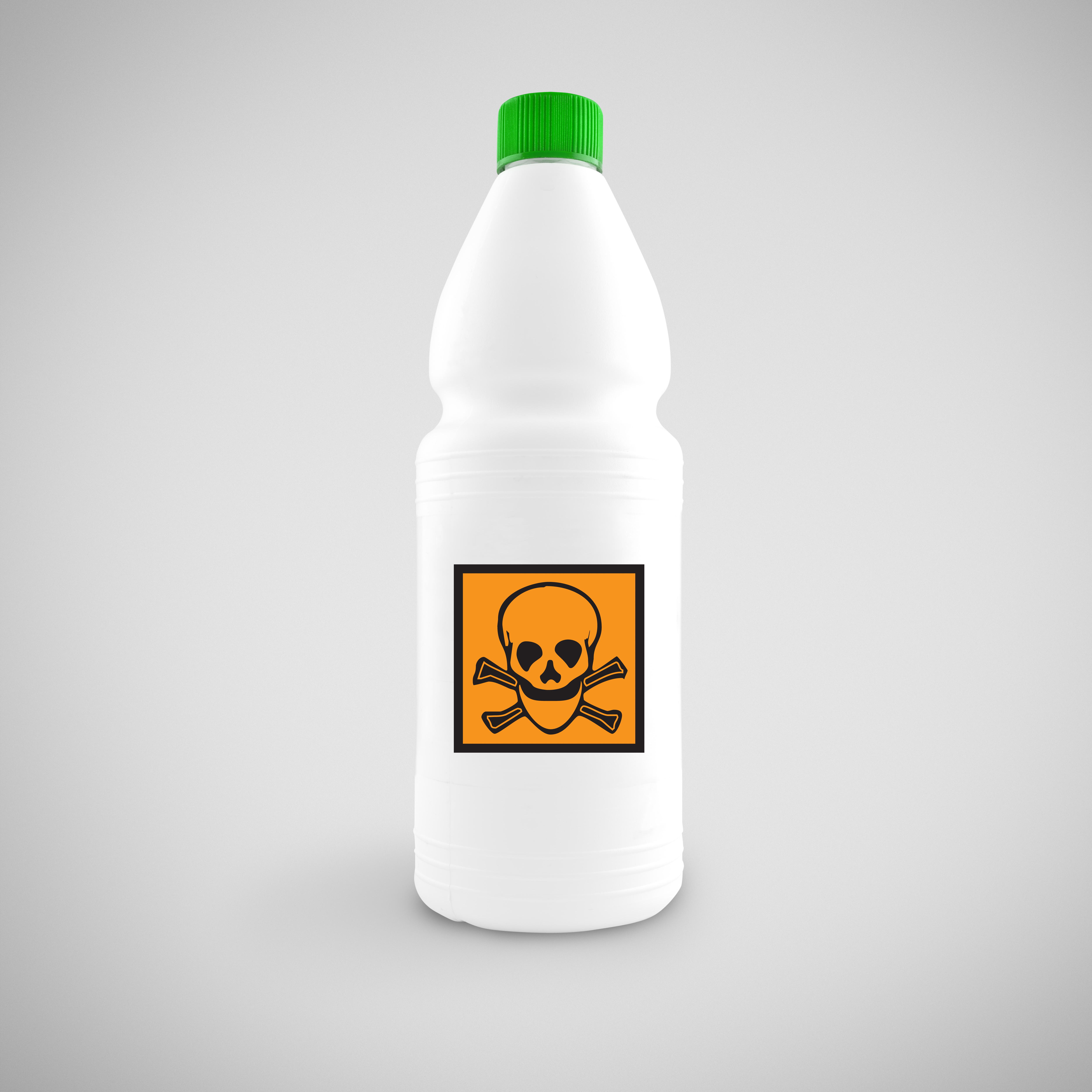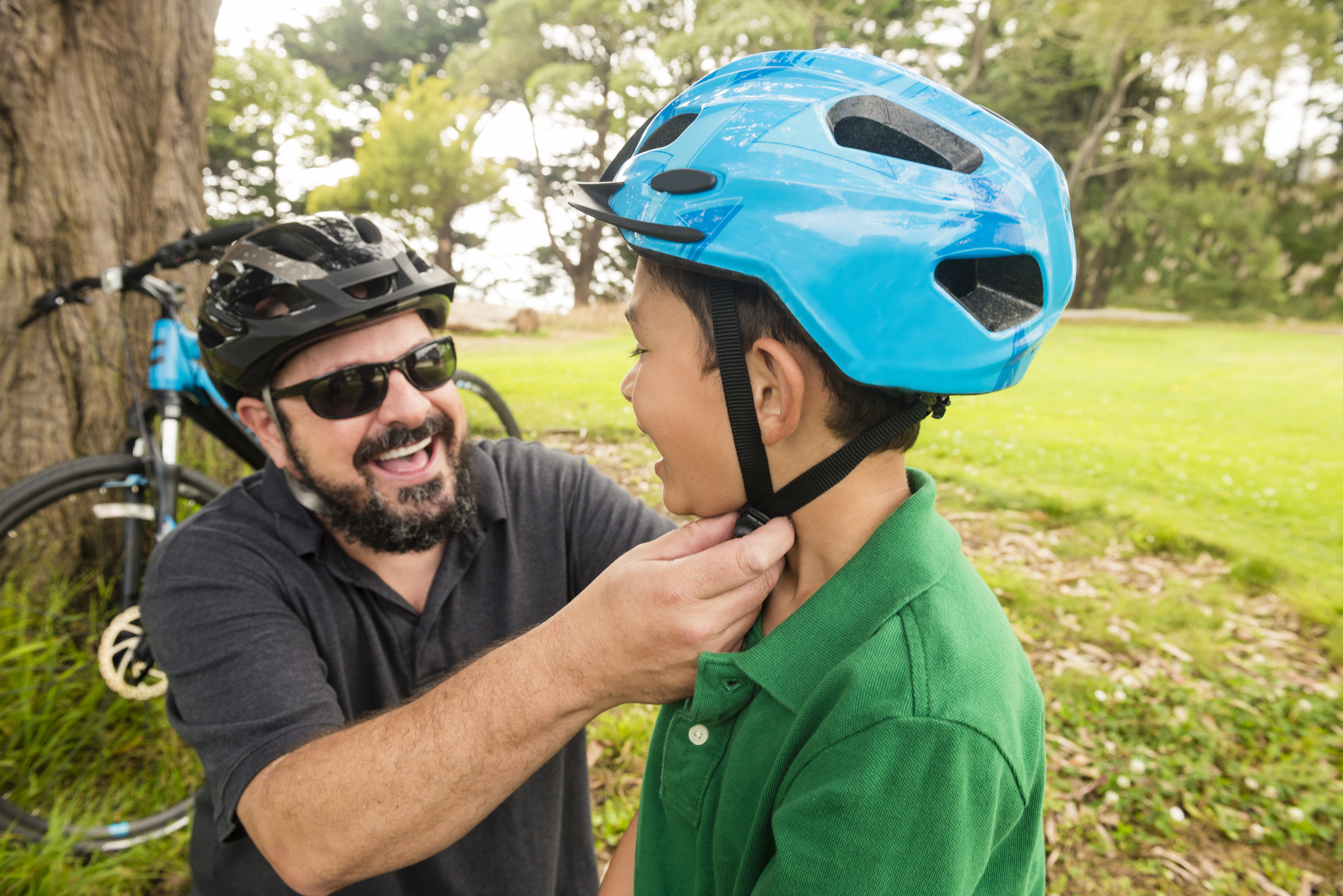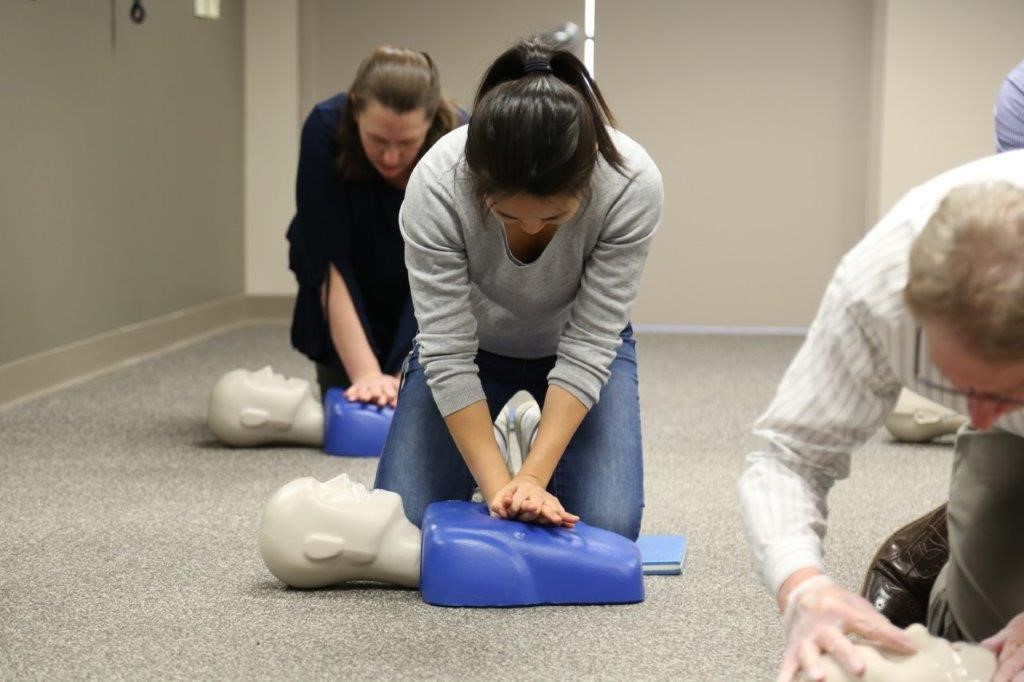A new year is upon us, and while many people resolve to lose weight or quit smoking (laudable goals, to be sure), I would like to suggest another resolution:
Keeping yourself safe.
The National Safety Council, the organization I work for, is committed to eliminating preventable deaths, and – with that in mind – I’ve outlined some simple things you can do right now to help ensure your safety in 2019.
Be prepared for an emergency

A disaster can strike at any time, so you should have a family disaster plan that everyone learns and practices. The plan should include evacuation routes and a designated meeting place where your family can take shelter if a disaster occurs. Other emergency preparation tips:
- Write down and memorize important phone numbers
- Assign one family member the responsibility of learning first aid and CPR
- Keep an emergency kit in your car
- Store at least three days’ worth of food and water at home
- Save all important documents – birth certificates, insurance policies, etc. – in a fire-proof safe or safety deposit box
- Know how to shut off utilities
Make specific disaster plans for home, work, vacations and on the road. Review your plans each year during National Preparedness Month in September.
Check your detectors

Smoke alarms and carbon monoxide detectors keep us safe, but only if they are in working order. Add a reminder to your calendar for daylight savings time on March 10 and Nov. 3 to check these devices. Batteries should be replaced at least once a year, and – for the best protection – make sure you have both ionization and photoelectric smoke alarms installed in your home.
Put away the poisons

Even one death or emergency room visit due to poisoning is too many. Work safety into your spring-cleaning routine this year by making sure all of your hazardous household products are out of harm’s way. Medications and other dangerous substances, including laundry detergent packets, should be stored up and away, out of the sight and reach of children and kept in their original, child-resistant containers. In future years, use National Poison Prevention Week – the third week of March – to make sure your hazardous products are stored safely.
Protect your head

Riding a bicycle or motorcycle can be exhilarating, but it is essential to follow the rules of the road and ride responsibly. As we settle into the new year, take stock of your equipment, including helmets. Bicyclists who wear a helmet reduce their risk of head injury by about 60 percent and brain injury by 58 percent. Meanwhile, helmets are estimated to be 37 percent effective in preventing fatal injuries for motorcyclists and 41 percent for their passengers. Does anyone in your family need a new helmet? Consider giving one as a Valentine’s Day gift. Your loved one will be ahead of the game when National Bike Month and National Motorcycle Safety Awareness Month take place in May.
Focus on first aid

Did you know that 25 percent of all emergency room visits could be avoided with basic first aid and CPR certification? Learning first aid skills, including CPR and how to use an automatic external defibrillator (AED), can prepare you to help in life-threatening situations. Contact your local park district or fire department to find and register for a first aid class near you. A great time to take a course is during National CPR and AED Awareness Week starting June 1. Training is even available for children.
Safeguard swimming areas

Memorial Day weekend marks the unofficial start of summer, when drowning deaths start to increase. Use the extra-long weekend to recap general swimming safety tips from PoolSafely.gov, such as never leaving a child unattended in or near water and teaching children how to swim. In addition, those who own a pool should have a working, four-sided fence at least four feet tall surrounding it. Pools should also have a self-closing, self-latching gate, and all pools must have compliant drain covers to safeguard against entrapment.
Taking these steps throughout the year can help protect your most valuable assets – you and your family!

